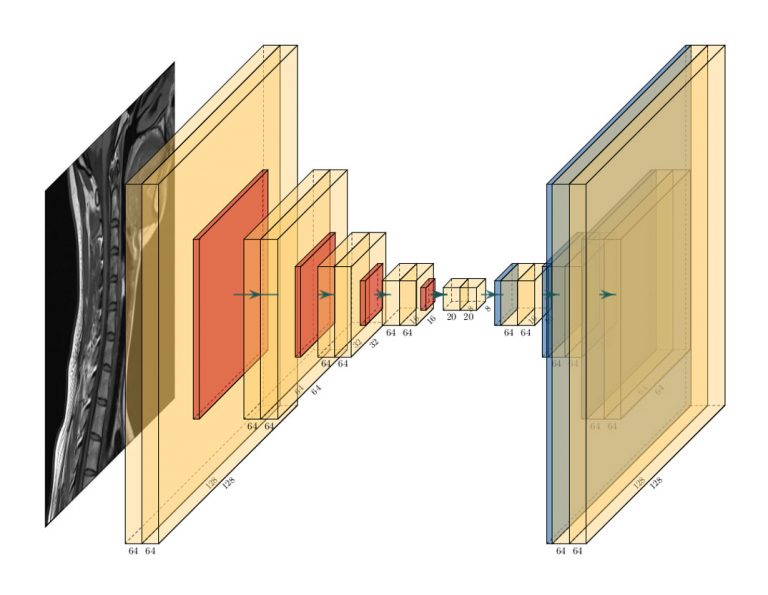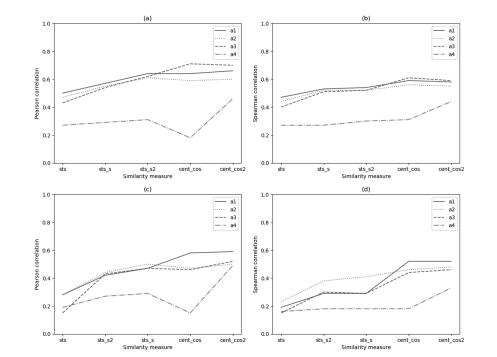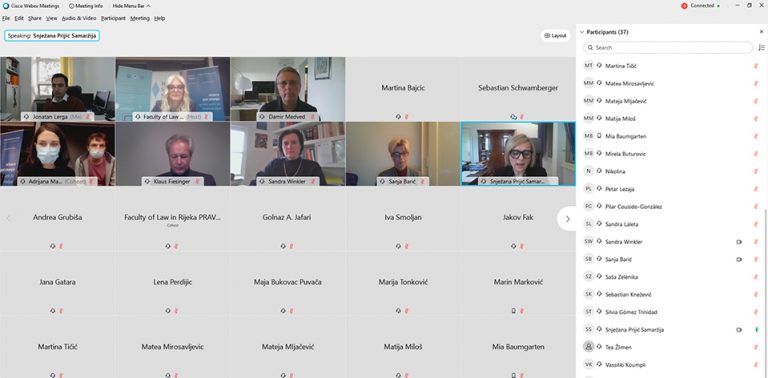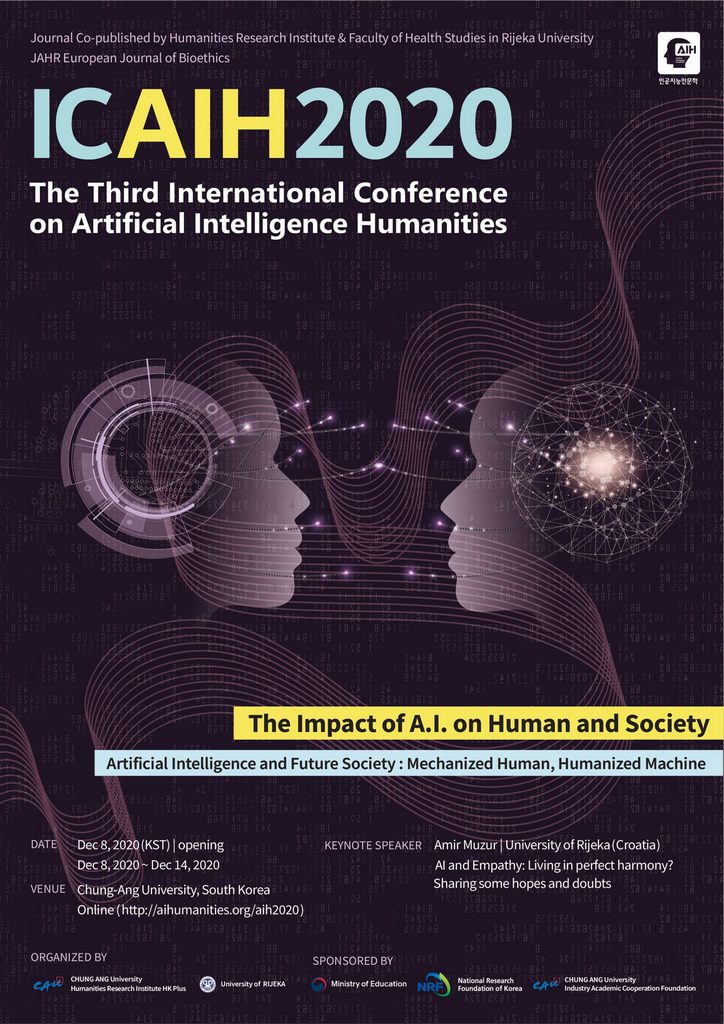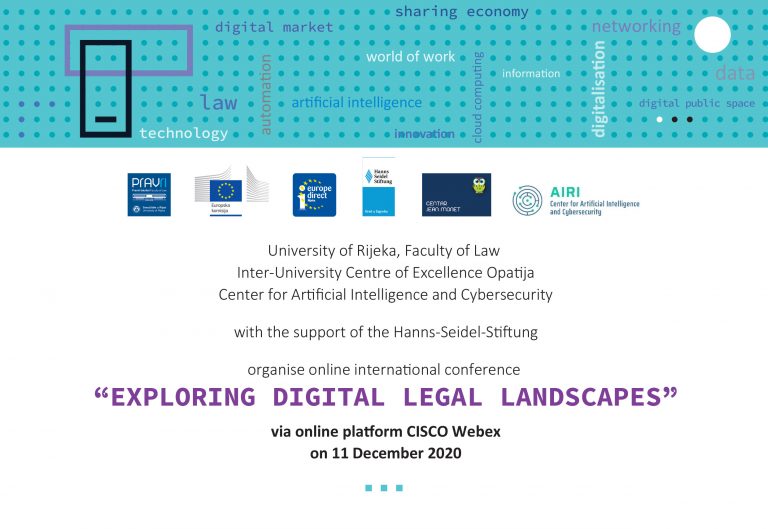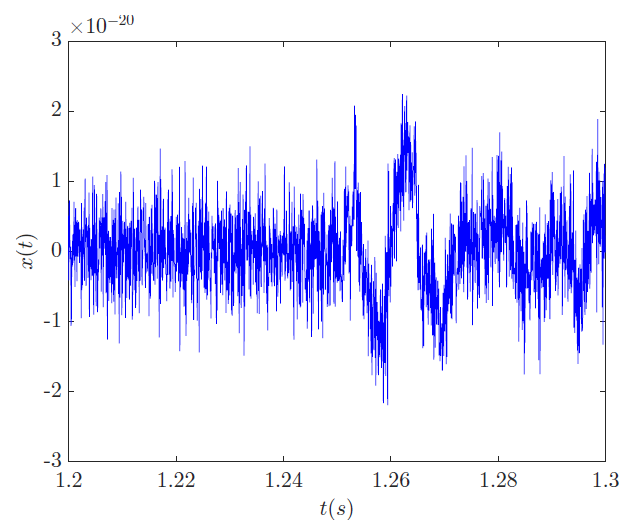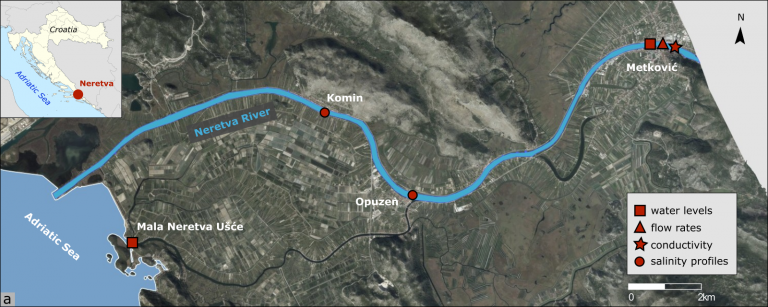Medical radiology is often used in clinical analysis to establish a medical diagnosis in a non-invasive manner. By considering the morphological properties of the observed area, clinicians can determine the presence of an injury or a disease without the need for invasive surgery. The purpose of computer-aided diagnosis (CAD) is to help physicians with interpreting […]
News
A Comparison of Approaches for Measuring the Semantic Similarity of Short Texts Based on Word Embeddings
Measuring the semantic similarity of texts has a vital role in various tasks from the field of natural language processing. In this paper, we describe a set of experiments we carried out to evaluate and compare the performance of different approaches for measuring the semantic similarity of short texts. We perform a comparison of four […]
UNIRI Excellence Awards in Science
We are proud to announce that 6 of 10 of the UNIRI Excellence Awards in Science are received by scientists connected to the AIRI Center. List of awards is as follows:1. Assoc. prof. dr. sc. Ivan Štajduhar – 1st place in technical sciences1. Prof. dr. sc. Sanda Martinčić-Ipšić – 1st place in social sciences2. Assist. […]
Talk on conference “Exploring Digital Legal Landscapes”
Jonatan Lerga held a talk at the conference “Exploring Digital Legal Landscapes” on 11th of December, 2020 on “Labor Market Trends Leading to Establishing the Center for AI and Cybersecurity in Rijeka”.
ICAIH 2020 conference presentation
Ivan Štajduhar gave a talk titled “The reach and limitations of machine intelligence” at the Third International Conference on Artificial Intelligence Humanities (ICAIH 2020), co-organised by the Chung-Ang University, Seoul, South Korea and the University of Rijeka.
International conference “Exploring Digital Legal Landscapes” – 11th of December, 2020
Join our online international conference “Exploring Digital Legal Landscapes” organized by Faculty of Law – University of Rijeka, Inter-University Centre of Excellence Opatija, and Center for Artificial Intelligence and Cybersecurity (AIRI) with the support of the Hanns-Seidel-Stiftung via online platform CISCO Webex on 11 December 2020. More on the program here. To join click here.
Indoor Localization Based on Infrared Angle of Arrival Sensor Network
Accurate, inexpensive, and reliable real-time indoor localization holds the key to the full potential of the context-aware applications and location-based Internet of Things (IoT) services. State-of-the-art indoor localization systems are coping with the complex non-line-of-sight (NLOS) signal propagation which hinders the use of proven multiangulation and multilateration methods, as well as with prohibitive installation costs, […]
Gravitational-Wave Burst Signals Denoising Based on the Adaptive Modification of Intersection of Confidence Intervals Rule
Gravitational-wave data (discovered first in 2015 by the Advanced LIGO interferometers and awarded by the Nobel prize in 2017) is characterized by non-Gaussian and non- stationary noise. An ever- increasing amount of the acquired data requires the development of efficient denoising algorithms that will enable the detection of gravitational- wave events embedded in low signal-to-noise-ratio […]
Sanda Martinčić-Ipšić talk the Data Science Conference
Sanda Martinčić-Ipšić talked on 19th of November 2020. about the prospects for studying Data Science at the University of Rijeka at Data Science Conference 2020 (link).
Estimating River Discharges in Highly Stratified Estuaries
Estuaries are transitional areas between river and marine environments. Understanding the estuarine dynamics is important for various water management issues, such as predicting floods and droughts, assessing impacts of sea level rise, planning freshwater intake for irrigation, and managing sediment transport. One of the key requirements for understanding and predicting the estuarine dynamics is to […]
